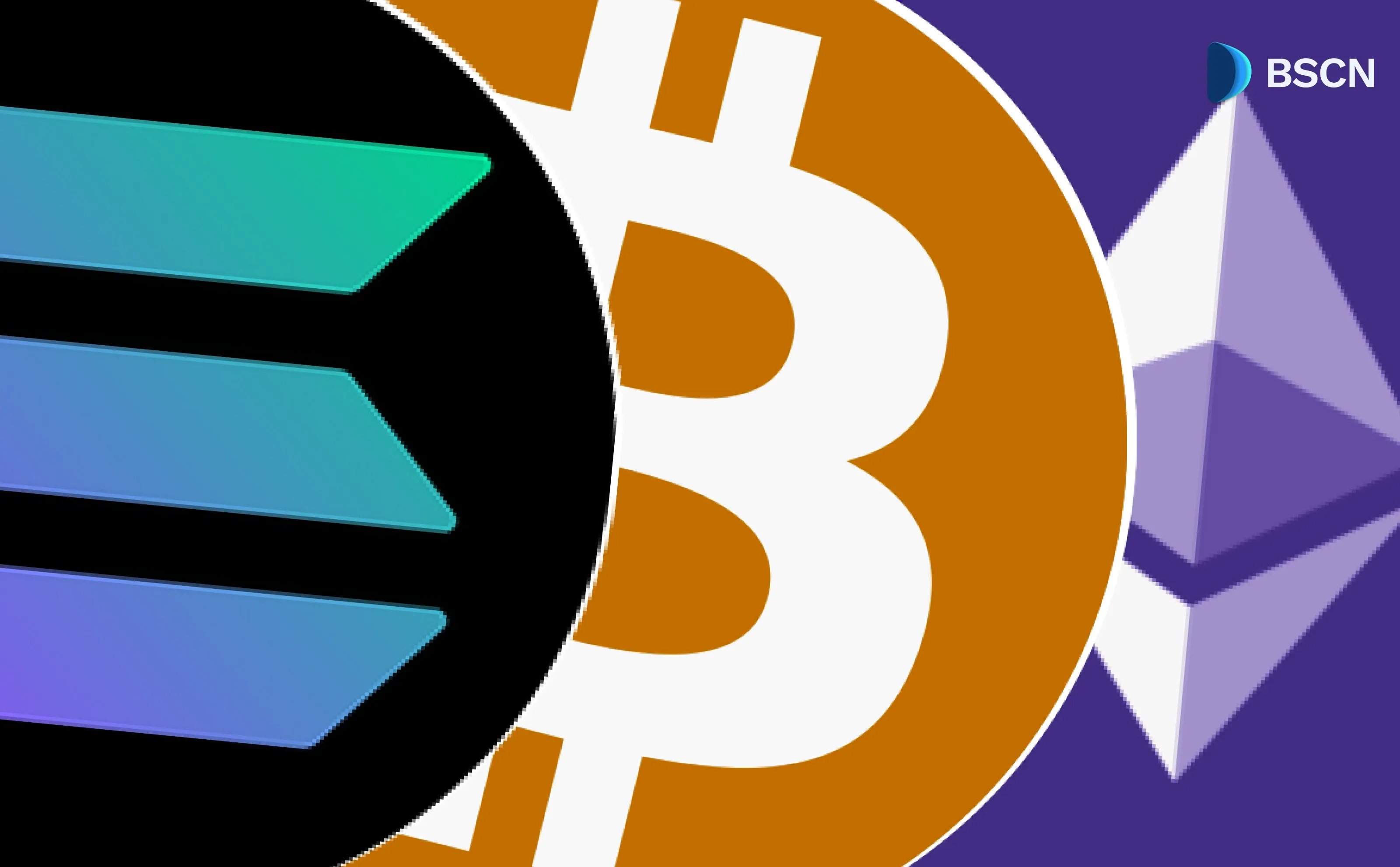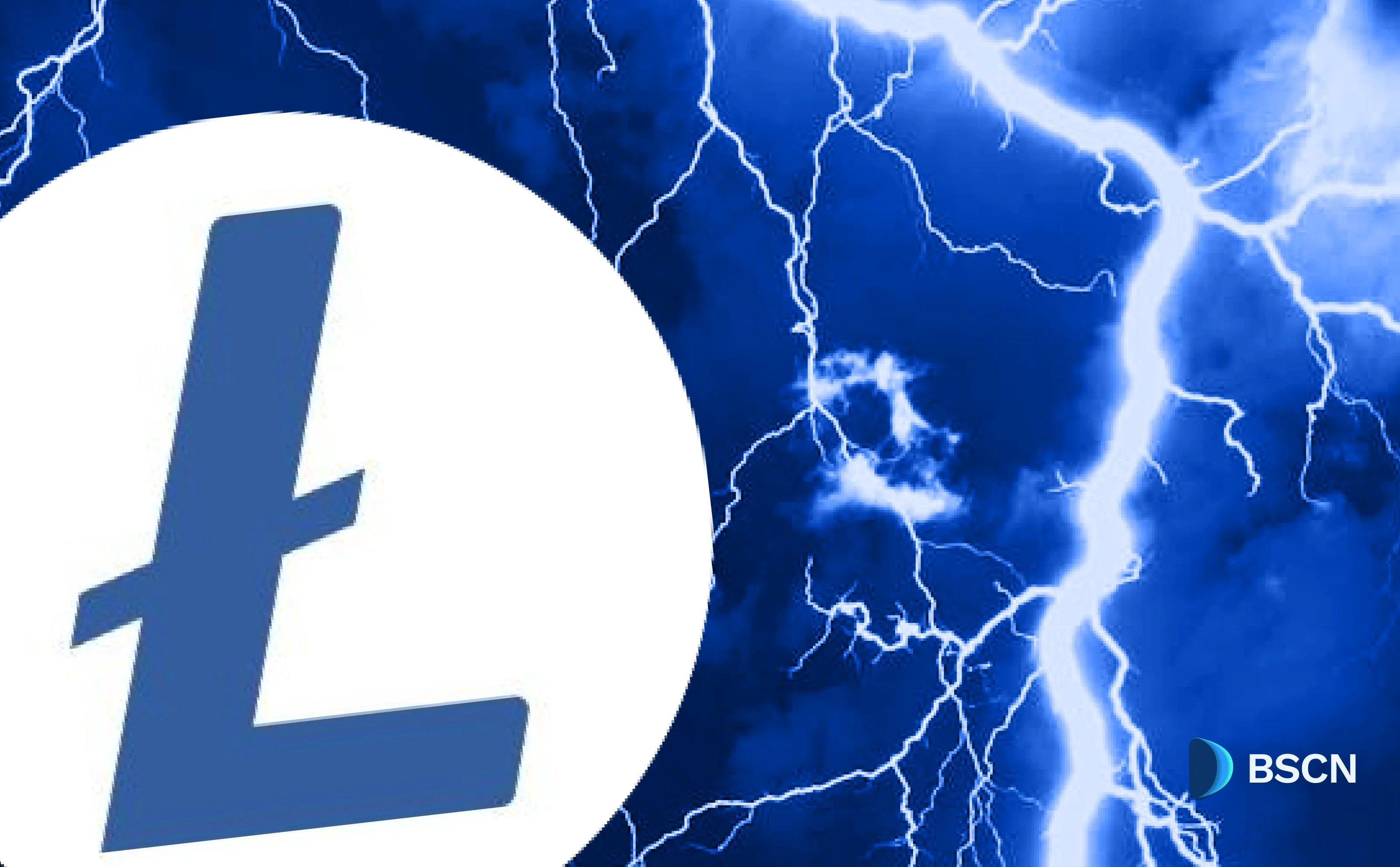WEB3
The Dark Side of Crypto: 5 Notorious Crypto Scams

Investment-related frauds, business impersonation schemes, and romance scams are alarmingly prevalent in the crypto ecosystem, as the Federal Trade Commission reported.
BSCN
May 24, 2023
Crypto Scams Are on the Rise
While cryptocurrencies hold immense potential for excitement and profit, it also harbors a dark underbelly of scams and fraudulent activities. From high-profile hacks to deceitful rug pulls, crypto scams have unfortunately become all too common in this rapidly evolving ecosystem.
In the past decade alone, crypto crime resulted in losses exceeding $30 billion. To put that into perspective, it's equivalent to 30 times the UN's earthquake appeal for Turkey, 20 times the cost of constructing the world's tallest building, and 18 times the price Google paid for acquiring YouTube.
In this article, we delve into the dark side of crypto by exploring five notorious scams that have plagued the industry. Equipped with knowledge and awareness, you can arm yourself against these threats and learn how to protect your hard-earned assets from falling victim to fraudulent schemes.
5. Axie Infinity Hack (Loss ~ $600 million)
The popular play-to-earn game Axie Infinity was hacked in July 2022. The hack is believed to have been caused by a fake job offer.
According to sources, one senior engineer at Axie Infinity expressed interest in the fake job offer because of the very generous salary and went through multiple interviews.
The employee downloaded and opened a file on Ronin's computer, initiating an infection chain that led to the hackers gaining access to Ronin's systems and corrupting four token validators and one Axie DAO validator.
As a result, hackers took control of the network and robbed $600 million. The US government could recover $30 million, and Sky Mavis reimbursed players who lost their money in this incident.
In September 2022, the FBI linked the attack to Lazarus and APT38 hackers, who are often involved in cryptocurrency heists for North Korea.
4. Pincoin (Loss ~ $870 million)
A Vietnamese cryptocurrency called Pincoin is another scam that caused 32,000 investors to lose about $870 million. The Pincoin cryptocurrency project was aimed at sharing assets.
The project promised an extremely high ROI of up to 312%, a major red flag since no project can guarantee an ROI of that magnitude. Instead of receiving cash, investors received a token called iFan, before the team behind Pincoin disappeared along with all invested funds. Additionally, the project had a multi-level structure and a recruitment system that screams the Ponzi scheme.
3. Thodex Scam (Loss ~ 2 billion)
The $2 billion Thodex scam rocked the cryptocurrency market in 2021. Thodex was a Turkish crypto exchange that had 400,000 registered users. The exchange was shut down for five days in April 2021 due to an emergency "6-hour maintenance period."
Thodex CEO Faruk Özer fled Turkey immediately with over $2 billion from over 100,000 investors.
In the months following his escape, over 60 arrests were made. However, Özer was arrested last August after an Interpol red notice was issued against him. He was extradited to Turkey on April 19, 2023. He faces a 40,000-year prison, according to the Turkish legal codes.
2. BitConnect Crypto Scam (Loss ~ 4 billion)
Founded by Satish Kumbhan, BitConnect was a lending and exchange platform powered by BitConnect Coin. There was a lot of hype around it, and it advertised large profits.
BitConnect allowed users to lend and receive investment payments using BitConnect coins. But, as it turned out, it was just another Ponzi scheme.
It was revealed in February 2022 that BitConnect's founder orchestrated a global Ponzi scheme.
In a multi-level marketing-based Ponzi scheme, BitConnect scammed an estimated $4 billion in investors by claiming to have an unbeatable trading algorithm. After the first project collapsed, they launched a second scam ICO, BitconnectX.
1. OneCoin Crypto Scam (Loss ~ $4 billion)
As another Ponzi Scheme, OneCoin was offered as a cryptocurrency worth investing in. Ruja Ignatova from Bulgaria, known as the Cryptoqueen, was the person behind it, who became one of the most notorious scammers.
OneCoin was promoted as a cryptocurrency by a Bulgarian company called OneCoin Ltd and a Dubai-registered company called OneLife Network Ltd.
The company sold educational packets regarding financial education that allowed users to mine OneCoin. Then, depending on the membership level, buyers could purchase even more tokens at prices ranging from $100 to $100,000.
An investigation into the scam was conducted in 2017, and its leaders and its founder were arrested.
However, Ruja Ignatova disappeared after scamming investors out of $4 billion in 2017. There is a $100,000 reward for finding her, making her one of the biggest crypto scammers currently on the FBI's most-wanted list.
The dark side of crypto remains an ever-present threat, but by educating ourselves and adopting preventive measures, we can mitigate these risks and safeguard our investments.
It is crucial to remain vigilant and skeptical when engaging in crypto. Conduct thorough research before investing in any project or platform, scrutinize claims that sound too good to be true, and be wary of unsolicited offers or requests for personal information. In addition, employing strong security practices, such as using hardware wallets and enabling two-factor authentication, can significantly enhance the protection of our crypto assets.
While the dark side of crypto may cast a shadow, it should not deter us from embracing the transformative potential of this technology. As the industry matures and regulatory frameworks strengthen, we can work together to foster an environment that encourages innovation, transparency, and security.
Latest News
Crypto Project & Token Reviews
Project & Token Reviews
Comprehensive reviews of crypto's most interesting projects and assets
Learn about the hottest projects & tokens
Latest Crypto News
Get up to date with the latest crypto news stories and events









